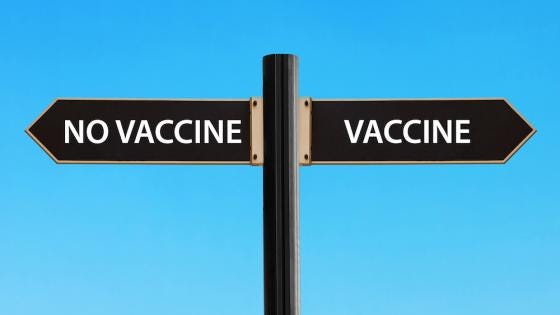Making Informed Decisions
Understanding the Importance of Educating Yourself When Considering Vaccination
Vaccination is a crucial aspect of public health, claiming to offer protection against various infectious diseases. However, it is not a decision to be taken lightly. Understanding the complexities surrounding vaccination is essential for making informed choices. Parents and individuals must take responsibility for these decisions, rather than outsourcing them to health officials. This approach ensures that the health and well-being of themselves and their children are safeguarded.
The Complexity of Vaccination Decisions
Vaccination is a medical procedure that involves the introduction of a vaccine into the body to stimulate an immune response. This process is not without its risks. While vaccines are heralded as being instrumental in controlling and eradicating diseases, they can also cause side effects, ranging from mild reactions to severe complications, including injury and even death. Given these potential outcomes, it is clear that vaccination decisions are complex and multifaceted.
The Role of Parents and Individuals
Ultimately, the responsibility for vaccination decisions lies with parents and individuals. While doctors and health officials provide recommendations and guidelines, they are not the ones who live with the consequences of these decisions. Parents and individuals are the primary guardians of their health and that of their children. This responsibility means that they must be proactive in educating themselves about vaccines, their benefits, and their risks.
The Risks and Benefits of Vaccination
Understanding the benefits and risks of vaccines is crucial for making informed decisions. While doctors and pediatricians will tell you the positives far outweigh the negatives when it comes to vaccination, they are often skewed by their one sided education as well as incentives they receive from insurance companies and pharmaceutical companies.
The truth is they also carry potential risks, which vary depending on the vaccine and the individual receiving it. Educating oneself involves reviewing scientific studies, ingredients and their side effects, consulting with healthcare professionals, and considering personal and family medical histories.
The Importance of Informed Consent
Informed consent is a fundamental principle in medical ethics. It requires that individuals understand the risks and benefits of a medical procedure before agreeing to it. When it comes to vaccination, informed consent means that parents and individuals should not rely solely on the recommendations of health officials but should seek out comprehensive information. This process involves critical thinking and a willingness to question and understand the evidence presented.
The safety/data sheet that they will present you with or poster of pictures of infectious diseases are nothing more than scare tactics. Always ask for the insert or print and bring one yourself. Chances are they have never looked it themselves.
Steps to Becoming Educated About Vaccines
Research: Seek out credible sources of information, including peer-reviewed scientific journals, reputable health organizations, and professional healthcare providers.
Consult Healthcare Professionals: Discuss concerns and questions with trusted health care professionals. This does not mean allopathic doctors, nurses, and pediatricians only. Again do not outsource your own ability to research and think critically.
Evaluate Risks and Benefits: Weigh the potential risks of vaccines against the risks of not vaccinating.
Consider Personal Circumstances: Take into account personal and family medical histories, as these can influence how a vaccine may affect an individual.
Do Your Research
Making educated vaccination decisions is a critical responsibility that should not be outsourced or blindly entrusted to health officials. While some professionals offer valuable guidance, the ultimate decision rests with parents and individuals. By thoroughly educating themselves about the benefits and risks of vaccines, they can make informed, responsible choices that protect their health and the well-being of their children. Vaccination is a significant medical procedure, and understanding its complexities is key to making sound decisions that ensure safety and health for all.




